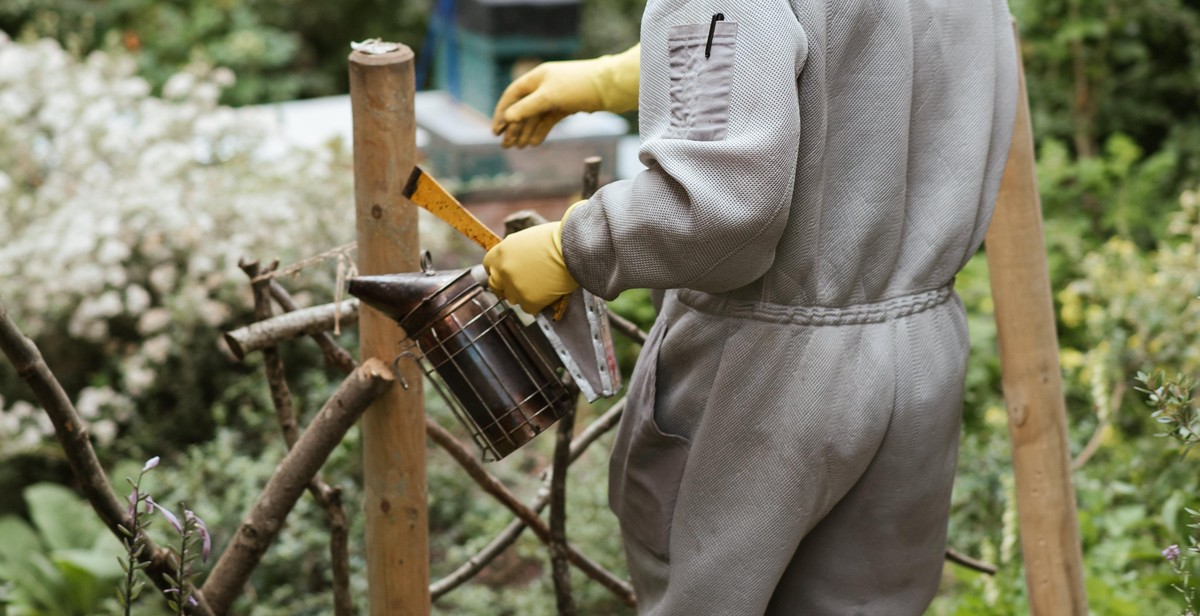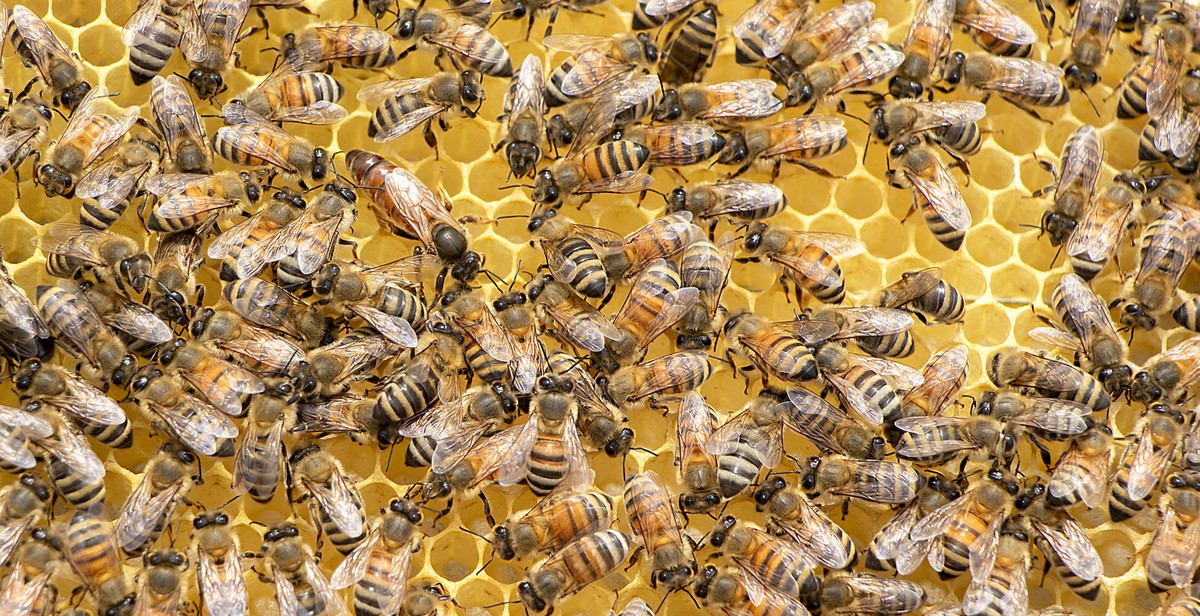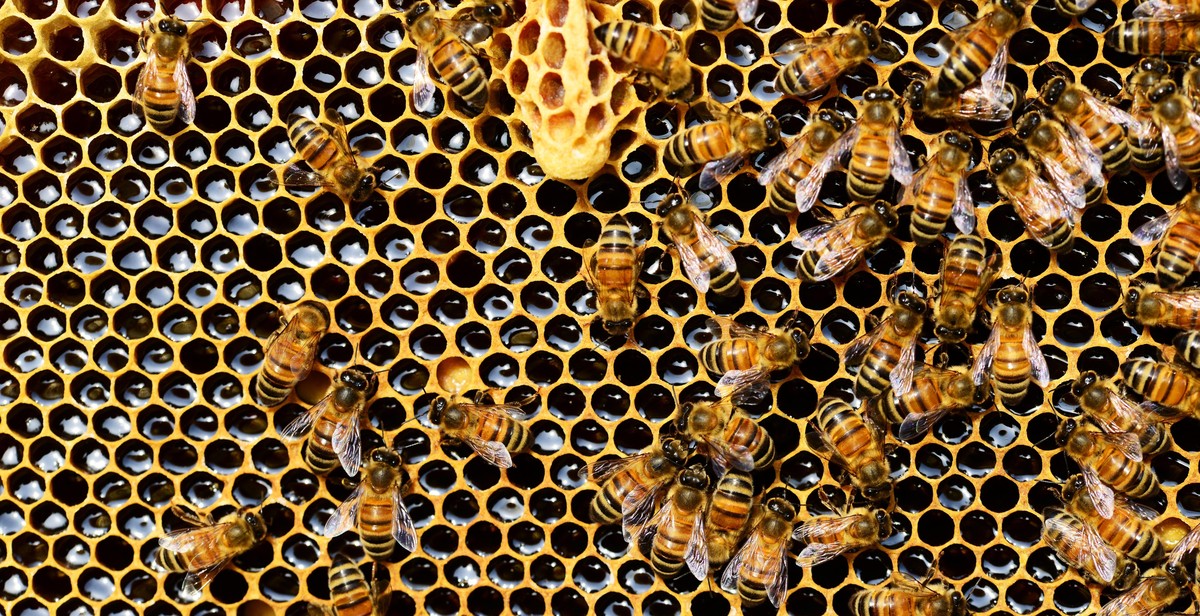How to Start a Beekeeping Hobby for Honey and Pollination
Beekeeping is a fascinating and rewarding hobby that has become increasingly popular in recent years. Not only does it provide a source of delicious honey, but it also plays a crucial role in pollinating plants and crops, making it an important part of sustainable agriculture.
Why Start Beekeeping?
There are many reasons why someone might want to start beekeeping. For one, it’s a great way to connect with nature and learn about the complex social dynamics of bees. It’s also a way to produce your own honey, which is not only delicious but also has numerous health benefits.
In addition, beekeeping helps support the environment by providing an important role in pollination. Bees play a crucial role in pollinating many of the fruits, vegetables, and nuts that we rely on for food, making beekeeping an important part of sustainable agriculture.
Getting Started
If you’re interested in starting a beekeeping hobby, there are a few things you’ll need to consider. First, you’ll need to decide where to keep your bees. This could be in your backyard, on a rooftop, or at a nearby farm.
You’ll also need to invest in some basic equipment, such as a hive, protective clothing, and some tools for managing your bees. Additionally, it’s important to educate yourself about beekeeping practices and safety measures to ensure the health and well-being of your bees.
In the following sections, we’ll explore these topics in more detail and provide you with the information you need to get started with this fascinating and rewarding hobby.
Why Start Beekeeping?
Beekeeping is a hobby that has gained popularity in recent years. Not only does it provide sweet and delicious honey, but it also has several other benefits that make it a worthwhile activity to pursue. Here are some of the reasons why you should consider starting your own beekeeping hobby:
Benefits of Beekeeping
One of the most obvious benefits of beekeeping is the production of honey. Honey is a natural sweetener that is rich in antioxidants, enzymes, and other beneficial nutrients. It has been used for centuries as a natural remedy for various ailments and is also a popular ingredient in many recipes.
Aside from honey, beekeeping also produces beeswax, propolis, and royal jelly. Beeswax is commonly used in candles, cosmetics, and other products, while propolis and royal jelly have various health benefits and are used in some medicines.
Another benefit of beekeeping is that it can be a profitable business. Beekeepers can sell their honey and other products, as well as provide pollination services to farmers and other businesses. This can be a great source of income for those who are passionate about beekeeping.
Importance of Bees in Pollination
Bees play a crucial role in pollination, which is essential for the growth and reproduction of many plants. Without pollination, many fruits, vegetables, and other crops would not be able to grow, which would have a significant impact on our food supply.
By keeping bees, you are not only producing honey and other products, but you are also helping to support the ecosystem and ensure the survival of various plant species. This is especially important in today’s world, where climate change and other environmental factors are threatening the survival of many plant species.
Overall, beekeeping is a rewarding and beneficial hobby that has a positive impact on both the environment and your own well-being. Whether you are interested in producing honey, selling bee products, or simply supporting the ecosystem, beekeeping is definitely worth considering.

Getting Started with Beekeeping
Beekeeping is a rewarding and fascinating hobby that not only provides delicious honey but also plays a crucial role in pollinating plants and crops. However, starting a beekeeping hobby can be overwhelming for beginners. Here is a step-by-step guide to help you get started with beekeeping:
Choosing the Right Location
The first step in starting a beekeeping hobby is to choose the right location for your hive. Bees need a location that is sheltered from the wind, has good sunlight exposure, and is near a source of water. Ensure that your hive is not placed in a high-traffic area to avoid disturbing the bees.
Acquiring the Necessary Equipment
Once you have selected a location for your hive, the next step is to acquire the necessary equipment. You will need a hive, protective gear, a smoker, and a hive tool. It is essential to invest in high-quality equipment to ensure the safety and health of your bees.
Preparing for Your Bees
Before obtaining your bees, you need to prepare your hive. Ensure that the hive is clean and free from debris. You can also consider adding a feeder to the hive to provide your bees with a food source when they arrive.
Obtaining Your Bees
Finally, it is time to obtain your bees. You can purchase bees from a local beekeeper or a reputable supplier. When transporting your bees, ensure that they are kept cool and secure. Once you have obtained your bees, it is crucial to install them properly in the hive and monitor their progress regularly.
Starting a beekeeping hobby requires patience, dedication, and proper planning. Following these steps will help you get started on the right foot and enjoy the rewarding experience of beekeeping.

Beekeeping Techniques
Hive Inspection
Regular hive inspections are crucial to ensure the health and productivity of your bees. It is recommended to inspect your hive every 7-10 days during the active season. During an inspection, you should check for signs of disease, pests, and overall hive health. Look for a healthy queen, brood patterns, and sufficient honey and pollen stores. It’s also important to keep your hives clean and free of debris to prevent the spread of disease.
Feeding Your Bees
Bees require a steady supply of food to maintain their health and productivity. During times of nectar scarcity, it may be necessary to supplement their diet with sugar syrup or pollen patties. It’s important to use only high-quality ingredients and avoid feeding bees honey from unknown sources, as it may contain harmful contaminants. Additionally, be sure to provide enough food for your bees to survive the winter months.
Harvesting Honey
Harvesting honey is one of the most rewarding aspects of beekeeping. It’s important to wait until the honeycomb is at least 80% capped before harvesting to ensure the honey is fully ripened. Use a bee brush to gently remove any bees from the frames and a honey extractor to extract the honey from the comb. Be sure to leave enough honey for your bees to survive the winter months.
Winterizing Your Hive
Preparing your hive for the winter months is essential to ensure your bees survive until spring. Reduce the size of the hive to the minimum necessary for the colony to survive. Insulate the hive with a moisture-resistant material to prevent heat loss and condensation buildup. Provide ample food stores for your bees to survive the winter, and ensure the hive is well-ventilated to prevent moisture buildup.
| Techniques | Frequency |
|---|---|
| Hive Inspection | Every 7-10 days during active season |
| Feeding Your Bees | As needed during nectar scarcity |
| Harvesting Honey | When honeycomb is at least 80% capped |
| Winterizing Your Hive | Before winter months |

Common Beekeeping Issues and Solutions
Pests and Diseases
As with any animal husbandry, beekeeping is not without its challenges. One of the most significant challenges for beekeepers is the management of pests and diseases. Here are some of the most common pests and diseases, along with their solutions:
| Pest/Disease | Solution |
|---|---|
| Varroa Mites | Use chemical treatments or natural remedies such as powdered sugar or essential oils. |
| American Foulbrood | Remove infected hives and burn them. Use antibiotics to treat infected hives. |
| Small Hive Beetle | Use beetle traps or diatomaceous earth to control infestations. |
| Wax Moths | Remove infested combs and freeze them to kill the larvae. |
Swarming
Swarming is a natural process for bees in which a new queen bee is produced, and the old queen bee and a portion of the worker bees leave the hive to start a new colony. While swarming is a sign of a healthy hive, it can be a nuisance for beekeepers. Here are some tips for managing swarming:
- Inspect your hives regularly to look for signs of swarming, such as queen cells.
- Provide adequate space for your bees by adding honey supers or additional brood boxes.
- Consider using techniques such as queen excluders or splitting hives to prevent swarming.
- If swarming does occur, capture the swarm and relocate it to a new hive.
By taking preventative measures and being proactive in managing pests, diseases, and swarming, beekeepers can maintain healthy and thriving colonies.
Conclusion
Beekeeping is a fascinating and rewarding hobby that can provide you with delicious honey, help pollinate your garden, and contribute to the health of the environment. Whether you are a seasoned gardener or a curious beginner, starting a beekeeping hobby can be a fun and fulfilling experience.
Remember the Basics
Before you get started, it’s important to remember the basics of beekeeping. Make sure you have the proper equipment and protective gear, choose the right location for your hive, and learn how to properly care for your bees.
Join a Beekeeping Association
One of the best ways to learn more about beekeeping is to join a local beekeeping association. This will give you access to experienced beekeepers who can provide guidance and support as you get started.
Be Patient and Observant
Beekeeping requires patience and observation. Take the time to observe your bees and learn about their behavior. This will help you identify potential problems and take the necessary steps to keep your bees healthy and productive.
Enjoy the Fruits of Your Labor
Finally, enjoy the fruits of your labor! Harvesting honey from your own hive is a rewarding experience that you can share with family and friends. Plus, you’ll be doing your part to support the health of the environment by providing bees with a safe and healthy habitat.
| Benefits of Beekeeping | |
|---|---|
| Provides a source of delicious, natural honey | |
| Helps pollinate your garden and surrounding areas | |
| Contributes to the health of the environment by providing bees with a safe and healthy habitat | |
| Can be a fun and fulfilling hobby for individuals and families |
With the right knowledge, equipment, and attitude, anyone can start a successful beekeeping hobby. Follow the tips and advice outlined in this article, and you’ll be well on your way to enjoying the many benefits of beekeeping!
